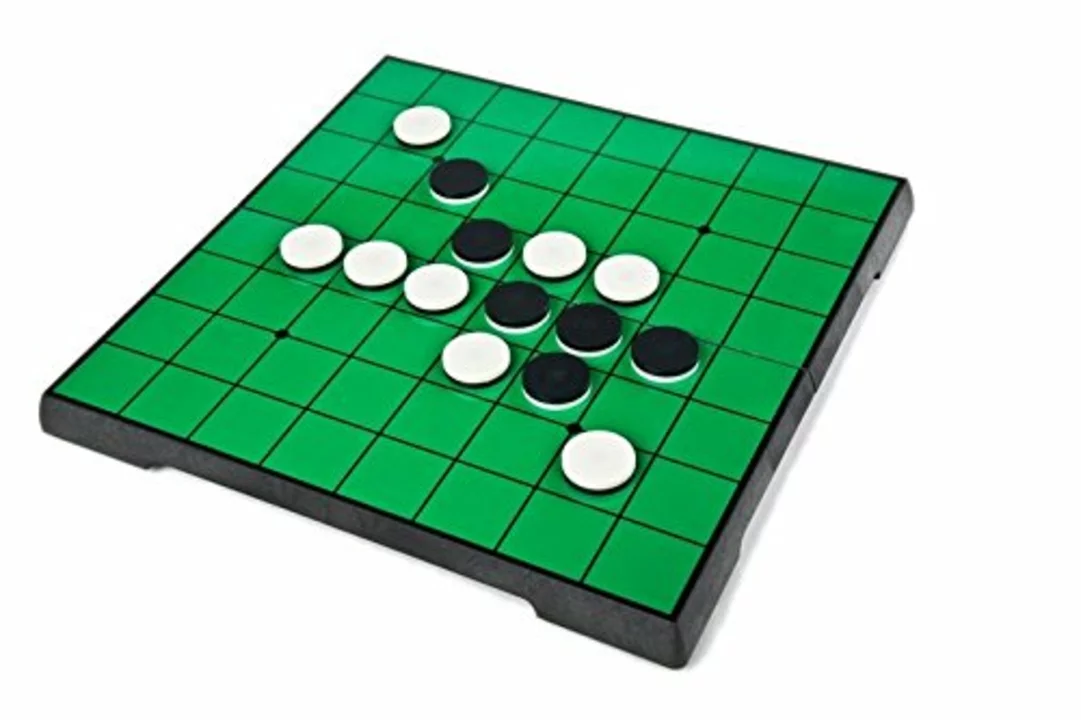Computer Gaming Tips, Downloads & Tech Tricks
Welcome to the computer tag page! Here you’ll find straight‑forward advice on everything from grabbing huge game files to squeezing more speed out of your PC. Whether you’re a casual player or a die‑hard gamer, the tips below are meant to save you time and keep the fun rolling.
We cover a mix of topics that show up often on our site: how to re‑download digital titles, ways to manage storage on Xbox and PlayStation, and simple tricks to boost graphics on Android racing games. The goal is to give you clear steps you can follow right now, no tech jargon required.
Downloading Big Games Without the Headache
Large titles can feel like a nightmare, especially when your console or PC is running low on space. First, always check the game’s file size before you start. Most digital stores list the size in the game’s description – use that as a cue to free up room.
If you’re on Xbox, use the built‑in storage manager. Go to Settings → System → Storage, then pick “Manage storage.” Here you can delete old apps, move games to an external hard drive, or even set a default install location. The same idea works on PlayStation: Settings → Storage → Applications lets you see what’s taking up space and clear it out.
For PC gamers, the trick is similar. Install games on a secondary SSD or HDD whenever possible. Most game launchers (Steam, Epic, Origin) let you choose the install folder during setup. If you already have a game installed, you can usually move it by right‑clicking the game in the library and selecting “Move install folder.”
Another quick win is to enable “smart download” features that pause or slow the download when you’re playing other games or browsing the web. This keeps your internet speed steady for everything else.
Quick Wins to Boost Your Computer Gaming Experience
Beyond downloads, a few simple tweaks can make any game run smoother. Start with your graphics settings: turn off unnecessary effects like motion blur or ambient occlusion if you’re chasing higher frame rates. Most modern games have preset options (Low, Medium, High, Ultra); pick the one that matches your hardware.
Keep your drivers up to date. Graphics card manufacturers release performance patches every few weeks, and installing the latest driver can add a few extra frames without any extra cost.
Don’t overlook background apps. Open Task Manager (Ctrl + Shift + Esc) and close anything you’re not using – web browsers, music players, or even Windows updates that are downloading in the background.
If you play on a laptop, plug in the power adapter. Many laptops throttle performance on battery power to save energy, so you’ll see a noticeable boost when you’re plugged in.
Finally, consider a quick system clean‑up. Delete temp files, clear your browser cache, and run a disk defragmentation (for HDDs) once a month. These small habits keep your system responsive and reduce load times.
That’s it for the computer tag overview. Use these tips next time you’re hunting a new game or trying to squeeze better performance out of your rig. Keep checking back for more how‑tos, because the gaming world never stops changing, and we’re here to keep you ahead of the curve.
Reversi vs computer - Unblocked games 2?
-
Written by Zayden Maverick
27/ 02
Reversi is an unblocked game 2 that pits the player against the computer in an exciting two-player board game. The goal of the game is to outmaneuver your opponent, capturing as many pieces as possible in the process. Players must strategically place pieces on the board in order to gain the upper hand, and can also preemptively block their opponent's moves in order to stay ahead. The game is fast-paced and requires quick thinking and strategy in order to be successful. Reversi is a challenging and fun game for both experienced and novice players alike.
